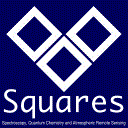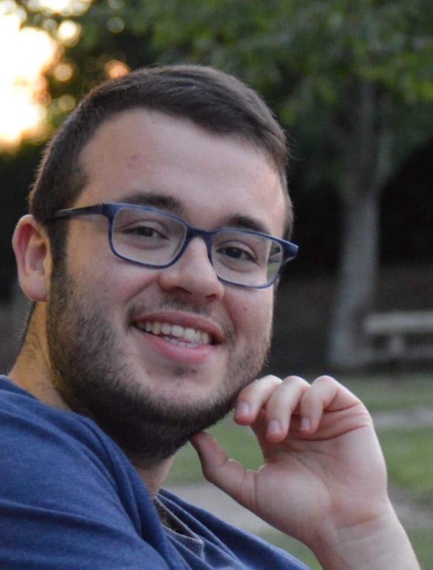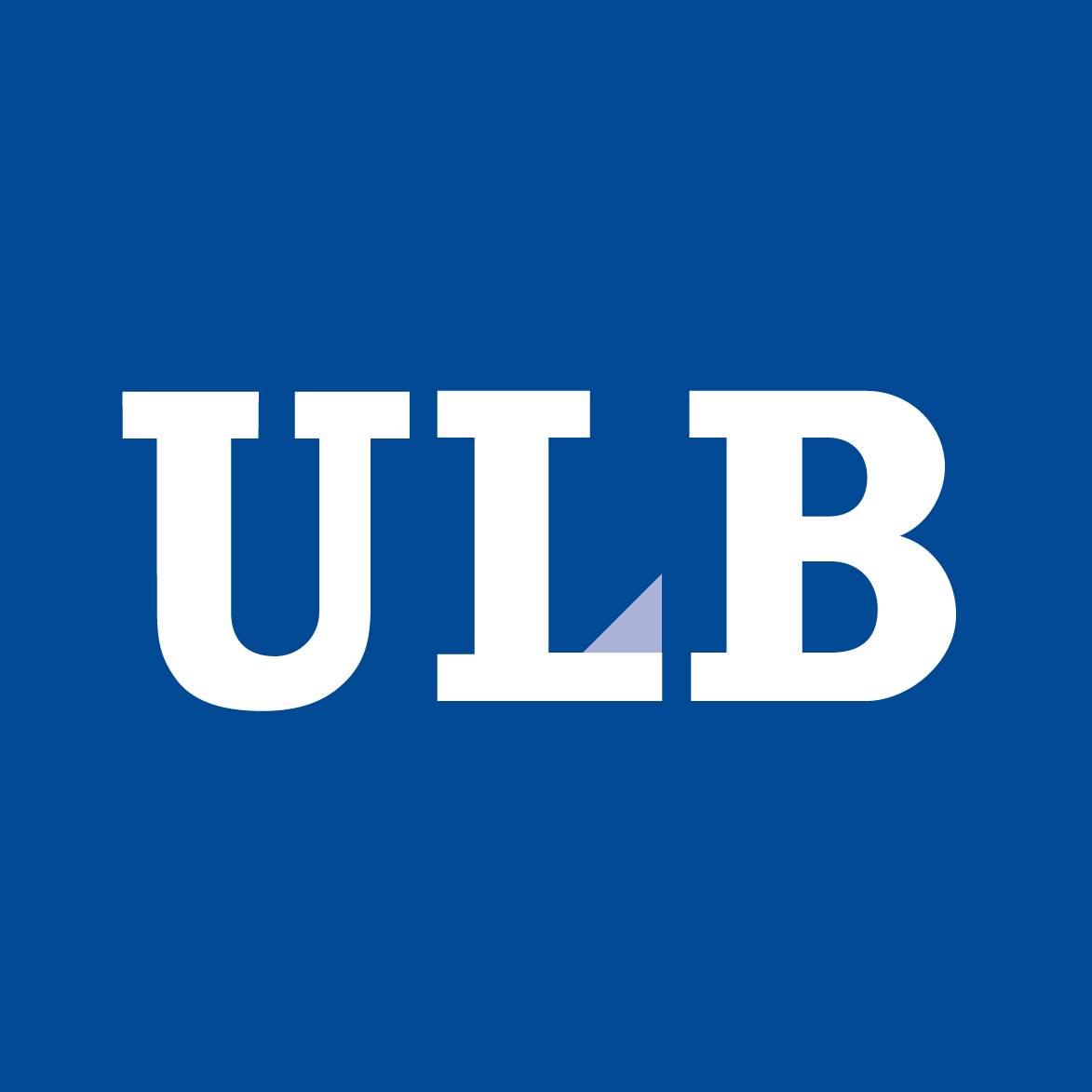 |
Spectroscopy, Quantum Chemistry and Atmospheric Remote Sensing
|
|
|
 Antoine Aerts
Antoine Aerts
Background
- BA in chemistry, ULB (2012-2015)
- MA in chemistry, ULB, research focus program (2015-2017)
- Internship: Nuclear Quadrupole Coupling Constants of Aluminum Compounds : A Computational Study, University of Alberta (2016)
- Master thesis: Contrôle laser d’un système Markovien, ULB (2017)
- Prix Ilya Prigogine (2017)
- Prix Solvay (2017)
- PhD in chemistry, ULB, "Simulations of Vibrational Laser Quantum Control Dynamics in Molecules”.(2017-2022)
- Teaching assistant ,ULB, CHIM-F101 : chimie générale, (2017-2022)
- Postdoctoral Researcher, ULB, (2022-present)
- Lecturer, Faculty of Science, ULB, CHIMF304: Structures et symétries moléculaires, CHIMF401: Chimie physique moléculaire : structure, spectroscopie et dynamique, CHIMF443: Approches computationnelles des états de la matière (2022-present)
- Lecturer, Solvay Brussels School - Economics & Management, ULB, CHIMS171: Chemistry (2024-present)
Welcome to my homepage!
I am a postdoctoral researcher and lecturer at the Université libre de Bruxelles (ULB). My research focuses on developing and applying state-of-the-art methodologies for studying molecular reactivity and dynamics, with an emphasis on the reproduction of experimental observables.
Research Interests
My primary research interests lie at the intersection of quantum chemistry, molecular dynamics, and machine learning. Specifically, I aim to:
- Develop high-dimensional Potential Energy Surfaces (PESs) using adaptive sampling and machine learning techniques to achieve high accuracy in modeling molecular systems. Applications include modeling molecules isolated in complex environments, such as rare-gas matrices studied
through well-controlled experiments, and simulating non-adiabatic dynamics relevant to photochemical processes.
- Explore the role of vibrational excitation in driving chemical reactions, laying the groundwork for future studies in controlled reaction dynamics.
Publications and CV
Contact
Spectroscopy, Quantum Chemistry and Atmospheric Remote Sensing (SQUARES) (https://squares.ulb.be//),
Université Libre de Bruxelles, CP160/09
50 Av. F.D. Roosevelt, B-1050 Belgium
E-mail

|
 |
Université Libre de
Bruxelles – Faculté des Sciences |
|

 Antoine Aerts
Antoine Aerts